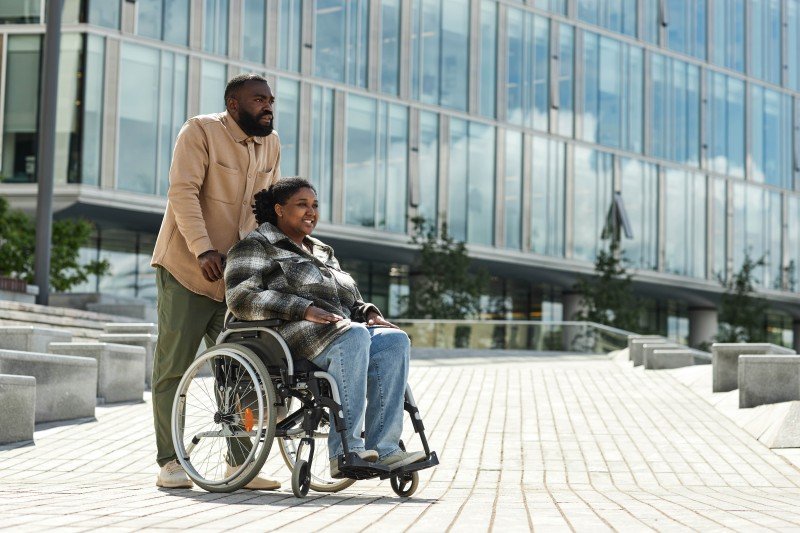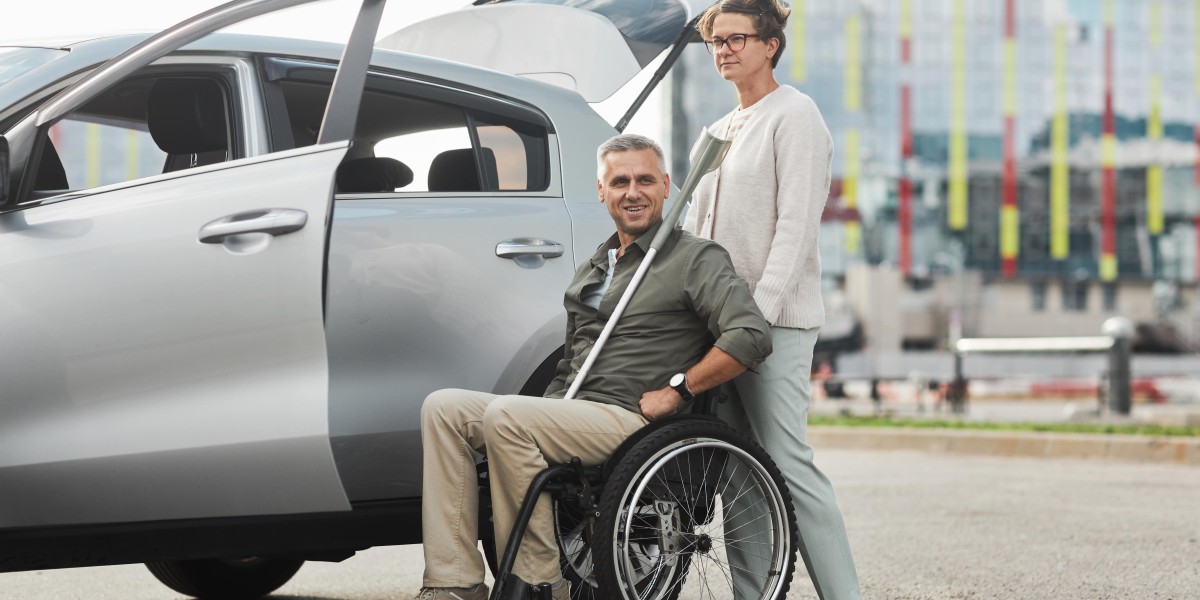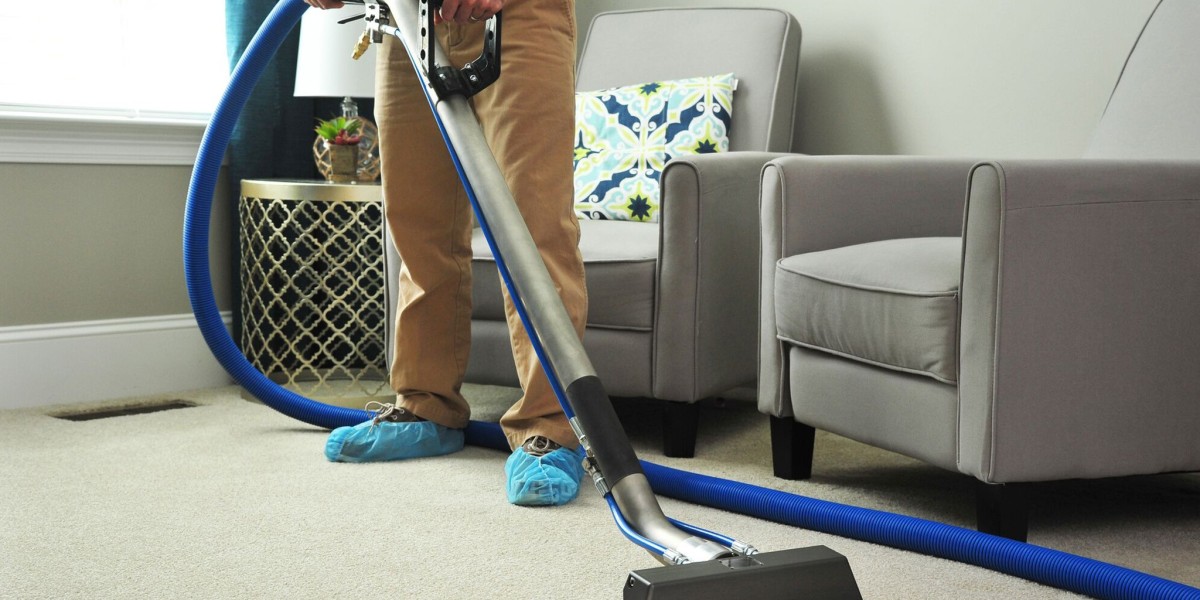
Mobility Scooters in the UK: A Comprehensive Guide
In the United Kingdom, mobility scooters are becoming a significantly popular means of transport for people with mobility issues, supplying them with the liberty to navigate their communities individually. These motorized cars are developed to help those who have trouble walking or using a manual wheelchair, offering a practical and comfortable solution for everyday travel. This post digs into the world of mobility scooters in the UK, exploring their benefits, legal requirements, and how to select the best one.
Introduction to Mobility Scooters
A mobility scooter is a battery-powered car that normally has 3 or four wheels, a seat for the driver, and handlebars for steering. They are designed to be simple to utilize and keep, making them perfect for older grownups and individuals with impairments who wish to maintain their self-reliance. Mobility scooters come in different sizes and designs, each accommodating different needs and preferences.

Benefits of Mobility Scooters
- Increased Independence: Mobility scooters enable users to take a trip longer ranges without the physical strain connected with strolling or using a manual wheelchair. This self-reliance can significantly enhance their quality of life.
- Affordable: Compared to other motorized vehicles, mobility scooters are fairly inexpensive. They also require very little upkeep, which can conserve users a great deal of money in the long run.
- Alleviate of Use: Most mobility scooters are designed to be user-friendly, with user-friendly controls and comfortable seating. They are typically lightweight and can be easily taken apart for transport.
- Enhanced Social Interaction: By allowing users to venture out more often, mobility scooters can help in reducing feelings of isolation and loneliness, cultivating social connections and community participation.
- Improved Safety: Mobility scooters are geared up with features such as headlights, brake lights, and horns, making them much safer for usage on roads and in public spaces.
Kinds Of Mobility Scooters
When choosing a mobility scooter, it's important to think about the type that best matches your needs. Here are the main types offered in the UK:
Class 2 Mobility Scooters:
- Speed: Limited to 4 miles per hour (6.4 km/h)
- Usage: Suitable for pavements and pedestrian areas
- Functions: Compact and lightweight, collapsible for simple transportation
Class 3 Mobility Scooters:
- Speed: Can reach up to 8 miles per hour (12.9 km/h)
- Usage: Suitable for both pavements and roads, supplied they are registered and guaranteed
- Features: Sturdier develop, often with advanced features like suspension and larger batteries
Strong Mobility Scooters:
- Capacity: Designed to support users weighing up to 400 pounds (181 kg)
- Usage: Ideal for those who require a robust and long lasting scooter
- Features: Reinforced frame, larger seat, and enhanced stability
Off-Road Mobility Scooters:
- Terrain: Built to deal with rough and uneven surfaces
- Usage: Suitable for users who delight in outside activities like treking or fishing
- Features: All-terrain tires, high ground clearance, and powerful motors
Legal Requirements for Mobility Scooters in the UK
Using a mobility scooter in the UK includes particular legal responsibilities. Here are the bottom lines to think about:
- Registration and Insurance:
- Class 2 Scooters: No registration or insurance needed
- Class 3 Scooters: Must be registered with the DVLA, insured, and display a legitimate MOT certificate if used on roadways
- Motorist Requirements:
- Age: Users must be at least 14 years old
- Health: No particular health conditions are needed, but users should have the ability to control the scooter safely
- Speed Limits:
- Class 2 Scooters: 4 mph (6.4 km/h) on pavements
- Class 3 Scooters: 8 mph (12.9 km/h) on roadways, 4 miles per hour on pavements
- Safety Equipment:
- Lights: All scooters used on roadways should have front and rear lights, signs, and a horn
- Reflectors: Required for usage on roadways, particularly throughout low exposure conditions
- Tax and Parking:
- Tax: Class 3 scooters are exempt from car tax
- Parking: Users can park in designated disabled parking areas with a valid Blue Badge
How to Choose the Right Mobility Scooter
Choosing the ideal Mobility scooter Ramps scooter includes thinking about a number of aspects:
Mobility Needs:
- Range: How far do you require to travel?
- Surface: Will you be utilizing the scooter on pavements, roadways, or off-road?
- Weight Capacity: What is the optimum weight the scooter requires to support?
Budget:
- Initial Cost: Mobility scooters can vary from a few hundred to a number of thousand pounds
- Ongoing Costs: Consider the expense of batteries, maintenance, and insurance
Features:
- Comfort: Look for a scooter with a comfy seat and adjustable controls
- Storage: Some scooters offer extra storage for shopping bags or individual products
- Portability: If you require to transport the scooter, pick a design that is lightweight and foldable
Track record and Support:
- Brand: Research reliable brand names understood for their quality and reliability
- Warranty: Check the service warranty duration and what it covers
- Client Support: Ensure the manufacturer or seller provides good consumer assistance and service
Frequently Asked Questions About Mobility Scooters in the UK
Do I need a license to drive a mobility scooter?
- No, you do not require a driving license to operate a mobility scooter in the UK. However, Class 3 scooters must be registered with the DVLA and insured if used on roads.
Can I use a mobility scooter on the pavement?
- Yes, both Class 2 and Class 3 scooters are enabled on pavements, but Class 3 scooters are restricted to 4 miles per hour.
Are there any constraints on where I can utilize a mobility scooter?
- Class 2 scooters are limited to pavements and pedestrian areas. Class 3 scooters can be used on roads, but they must fulfill particular legal requirements.
How do I keep my mobility scooter?
- Routine maintenance includes checking battery levels, tire pressure, and brake performance. It's likewise essential to clean up the scooter routinely and save it in a dry place.
Can I get a mobility scooter through the NHS?
- The NHS supplies mobility scooters through the Disabled Living Allowance (DLA) or Personal Independence Payment (PIP). You can likewise acquire or lease a scooter from a private merchant.
Is a mobility scooter tax-deductible?
- Sometimes, the expense of a mobility scooter can be claimed as a medical expense. Seek advice from a financial advisor for specific assistance.
Tips for Using a Mobility Scooter Safely
- Wear Appropriate Clothing:
- Wear comfortable and weather-appropriate clothing. Consider wearing a high-visibility coat when using the scooter on roadways.
- Keep the Scooter:
- Regularly inspect the battery, tires, and brakes to guarantee the scooter remains in excellent working condition.
- Follow Traffic Rules:
- Obey traffic signs and signals, and use designated pedestrian and cycle courses when possible.
- Usage Safety Equipment:
- Always utilize the headlights, brake lights, and horn, specifically throughout low presence conditions.
- Be Mindful of Others:
- Be courteous to pedestrians and other road users. Slow down when approaching crowded locations.
Mobility scooters are an important tool for individuals in the UK who face mobility obstacles. They use a range of advantages, from increased independence to boosted safety, making them a popular option for older grownups and individuals with disabilities. By understanding the various kinds of scooters, legal requirements, and how to pick the best one, users can delight in the freedom and benefit these automobiles provide. Whether for daily errands or leisure activities, a mobility scooter can considerably enhance the lifestyle for lots of people.
Extra Resources
- DVLA Website: For information on signing up and guaranteeing a Class 3 mobility scooter
- Age UK: Offers advice and support for older grownups thinking about a mobility scooter
- Disability Rights UK: Provides guidance on accessing mobility scooters through monetary assistance programs
By taking the time to research and pick the right mobility scooter, users can take pleasure in higher self-reliance and a more active way of life.








